In Civilization 7, your early game defines how you’ll move forward in later ages. While you’re never stuck on one path, the bonuses you get from one age carry over to the next. So, what you do at the beginning of your game is especially important, including what civics you decide to pursue.
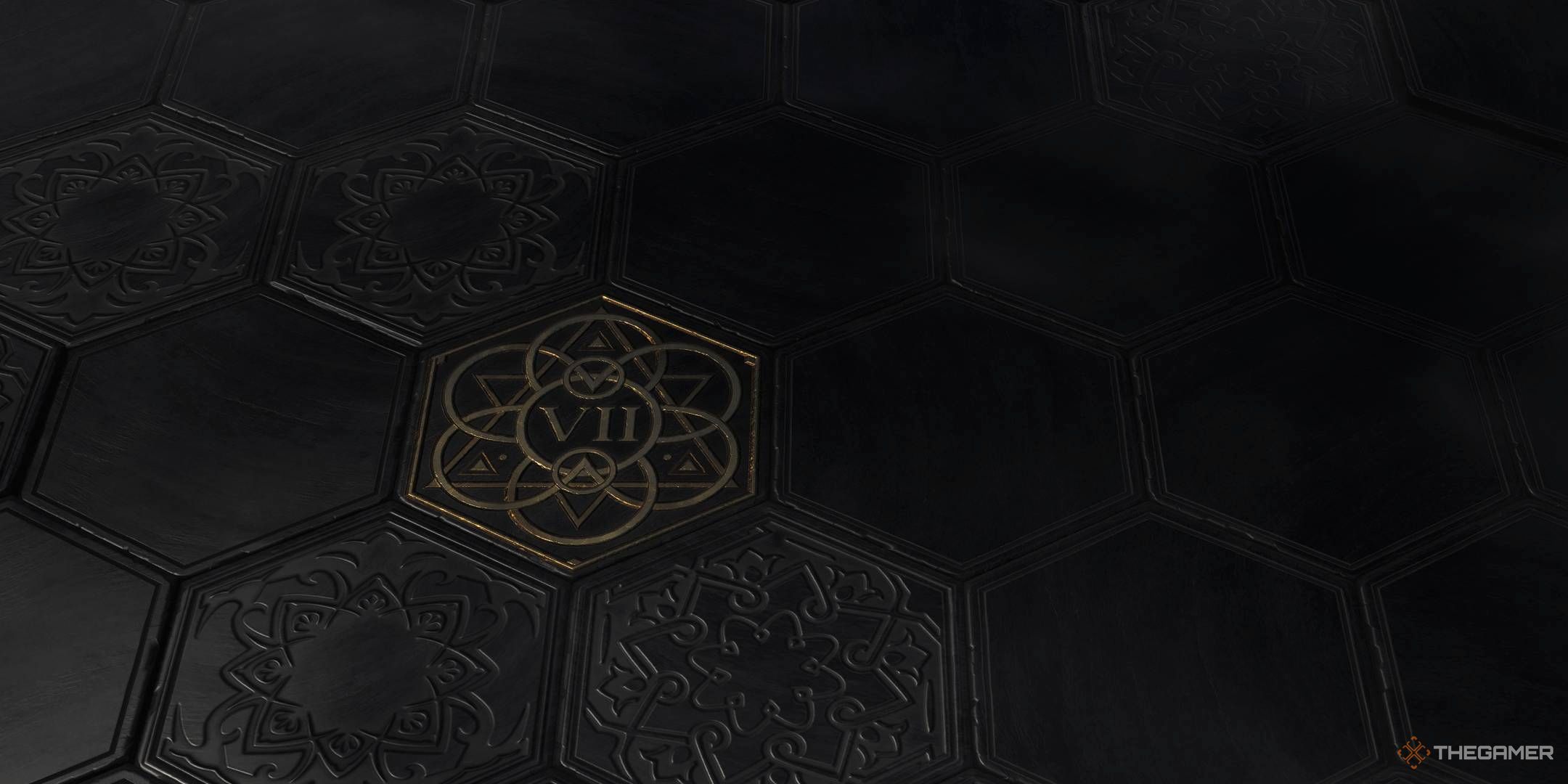
Related
Civilization 7: Every Type Of Crisis, Explained
Don’t have an existential crisis from not knowing what to expect from a Civilization 7 crisis.
To some extent, this will depend on your ultimate goal. Someone going for a cultural victory will need to prioritize different civics than someone going for a military victory. However, to some extent, certain civics are just more useful than others, no matter what victory you’re going after.
8
Mysticism
Mysticism is one of the first civics you can unlock in Civilization 7. This civic grants access to the Priesthood policy, which enhances religious influence and paves the way for founding a Pantheon, a foundation for pursuing the cultural victory in the Antiquity Age. A Pantheon can be extremely useful for all civilizations, though, even if you’re not interested in a cultural victory.
This also unlocks the Altar, which allows you to receive the bonus that you chose for your Pantheon. This civic also unlocks several useful civics later on.
7
Discipline
Discipline is essential for early military and organizational development. It unlocks the Survey policy, which improves unit reconnaissance capabilities, and grants access to the Dur-Sharrukin wonder, potentially enhancing your civilization’s defensive strength.
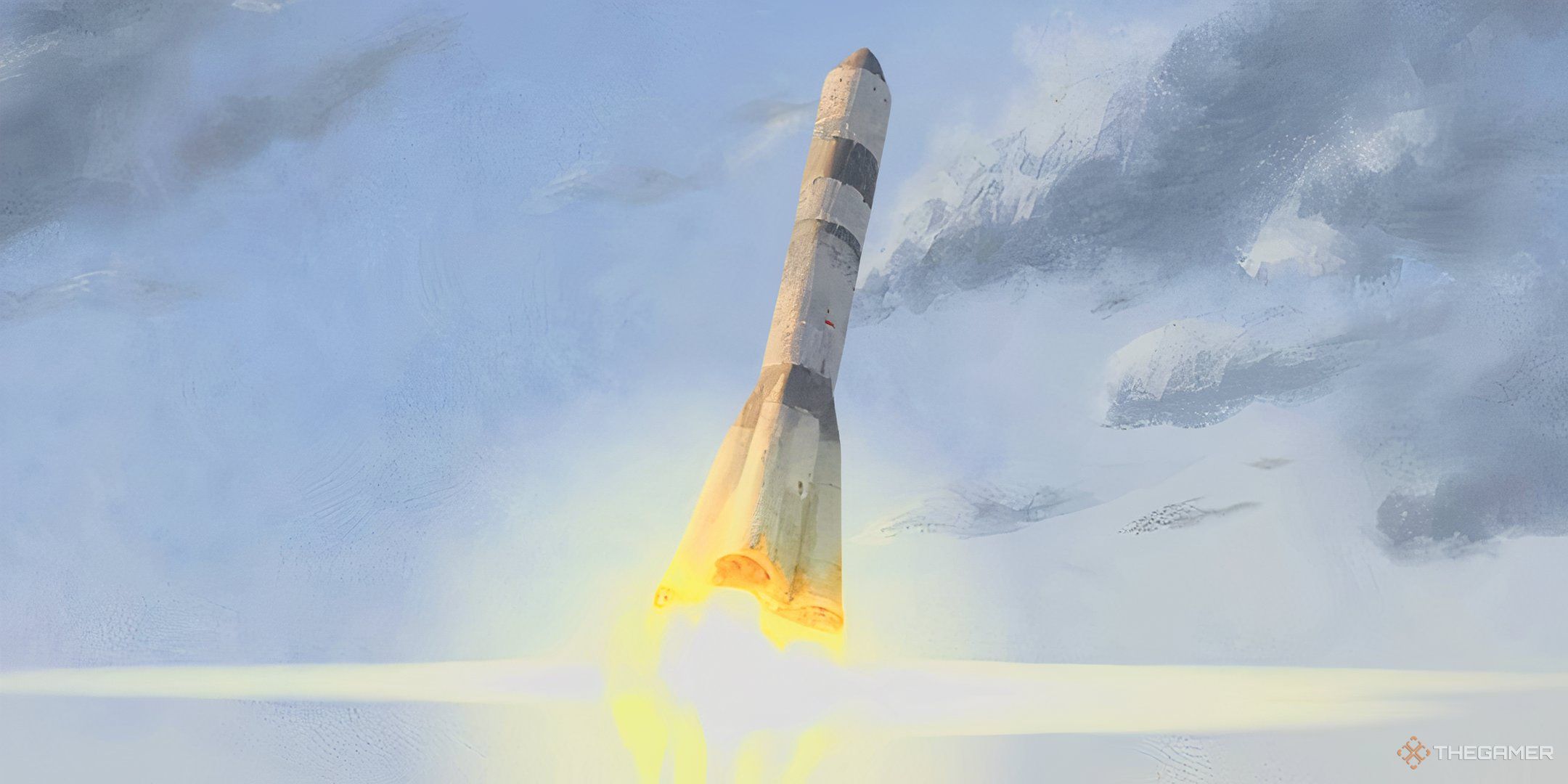
Related
Civilization 7: Tips For Achieving A Science Victory
Scientifically speaking, this is our best guide on how to win a Science Victory in Civilization VII.
Most importantly, though, Discipline provides you with an army commander, an extremely important unit throughout the whole game. You’ll keep this commander from age to age, so getting him and training him up early is important. With this civic, you’ll be a little more prepared for both offensive and defensive military campaigns.
Choose your civic priorities with your desired victory choice. However, don’t get too tied up in specialization in the Antiquity Age, as getting points in each unlocks bonuses in later ages.
6
Code Of Laws
Next, we recommend Code of Laws for most civilizations. This requires both Mysticism and Discipline, which you should have already researched by this point. Code of Laws gives you a free merchant and allows you to produce new merchants, letting you establish trade routes.
For an economic victory, this is extremely important, as this victory is based on how many resources you manage to accumulate. However, for all victory types, having extra resources can be extremely helpful, especially if you have a poor start location. Some resources can be very helpful for a military victory, for instance.
5
Public Life
Public life unlocks the City Guard defense policy, which can strengthen your city’s defenses. It also lets you build the Oracle Wonder, which offers some cultural bonuses. Because of its wide range of benefits, it’s a great option no matter what victory type you’re going after. It’s also great if you aren’t quite sure which victory you want to pursue.
This civic is also a precursor to Entertainment, which provides several helpful benefits, too. It’s simply a great all-around civic, even if you don’t plan on building the oracle.
4
Citizenship
Citizenship can be researched after Code of Laws, and some civilizations may want to go after it right away. It unlocks the Weiyang Palace wonder, which gives players a large amount of influence. Influence is useful no matter what type of game you want to play, as it can increase your input for just about anything and be used to keep the peace (or start a war).
It also provides a few different policies, like Caste, which provides increased food in towns. If you have lots of towns, extra food and growth are always great.
3
Tactics
Tactics is the civic directly after Discipline. As the name suggests, this is a purely military civic, so it should be a priority for anyone wanting to move fast and hard on the military front. It enhances your units’ effectiveness and grants access to the Terracotta Army wonder, which provides further military benefits.
All that said, having a strong military isn’t optional in Civilization 7. Therefore, even if you plan to be mostly defensive, having some military bonuses is exceptionally helpful. You will get attacked, and independent civilizations can be particularly powerful throughout the Antiquity Age.
Leverage your civilization and leader’s distinct advantages when choosing when civics to choose and policies to enact.
2
Skilled Trades
There are surprisingly few ways to increase the amount of gold you’re receiving with policies and technology. Skilled Trades unlocks coinage, though, which gives you gold for each imported resource. If you’re in a position where trade is a possibility, this can seriously increase your gold output.
However, in some cases, trade isn’t going to be possible or necessary. Plus, there may be more important policies for your specific situation. Increased gold is something that adds up fast, though, so if your trade network is strong, consider getting this sooner rather than later.
1
Commerce
Commerce comes right after Skilled Trades, and that is what we’d recommend getting next. It unlocks the commodities policy, which increases the resource cap in cities. For an economic victory, this is practically necessary. Otherwise, it can be hard to get enough resources simply due to the lack of slots.
For everyone else, resources do provide helpful bonuses no matter what victory you’re going after. Preferably, you should have access to many resources at this point through trade routes and improving resources within your borders. Being able to put extra resources into your cities can improve their growth, production, and even your military strength.
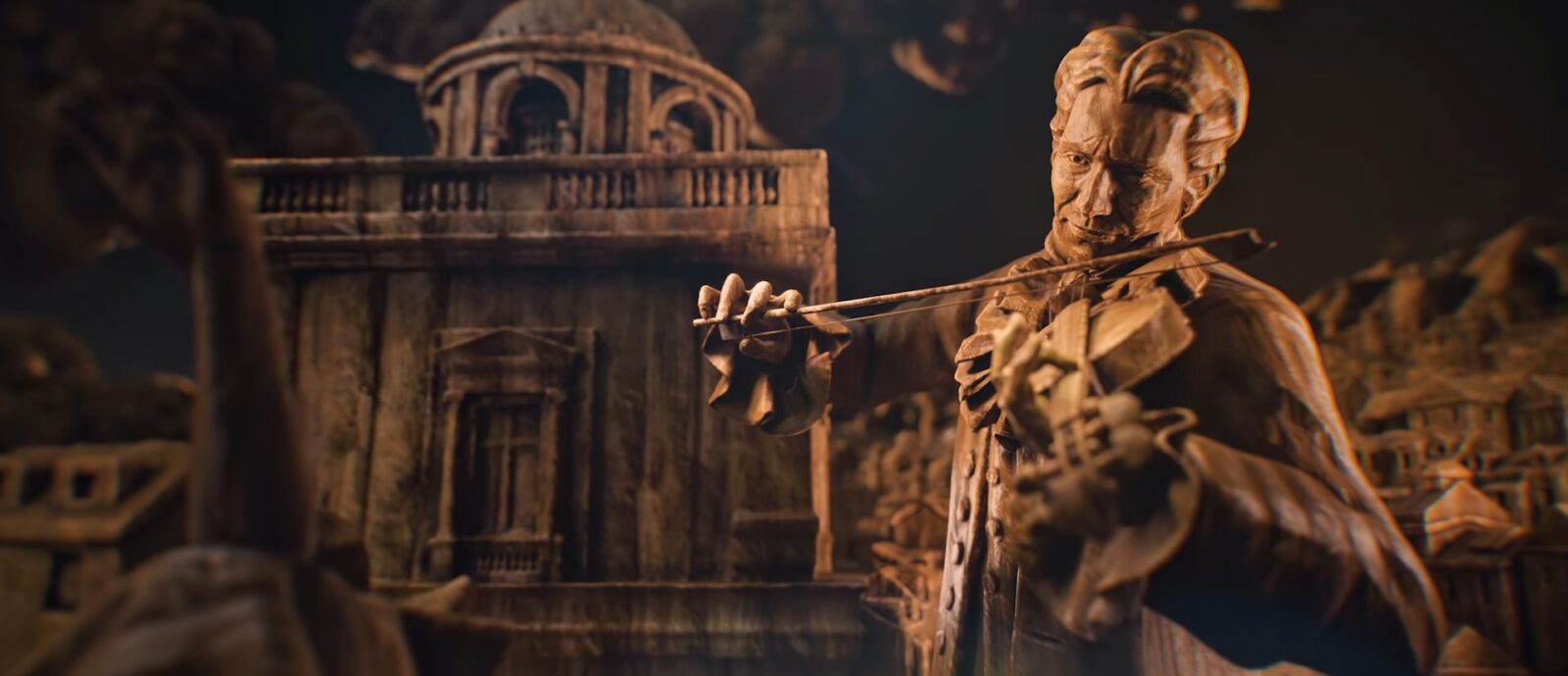


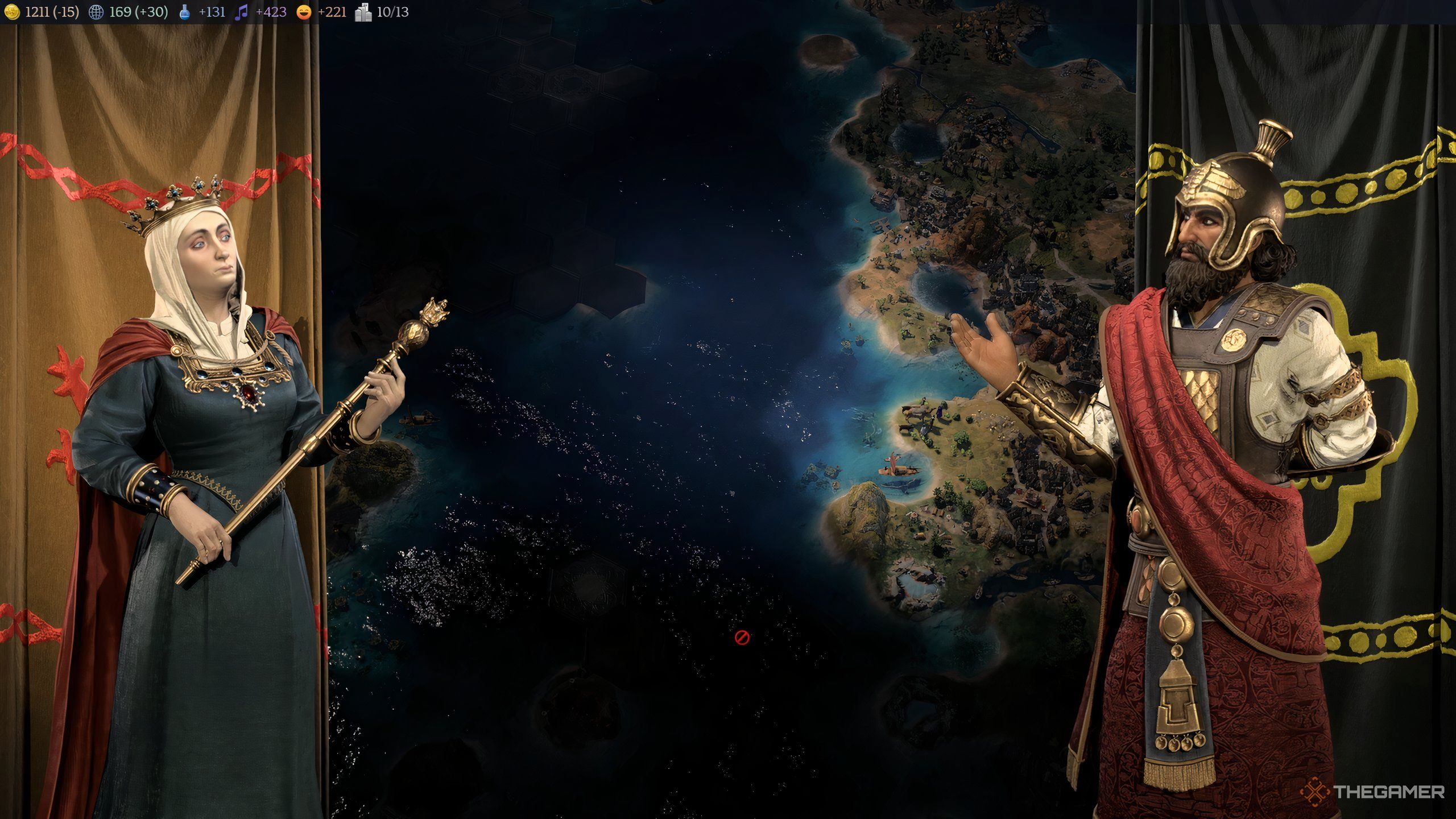
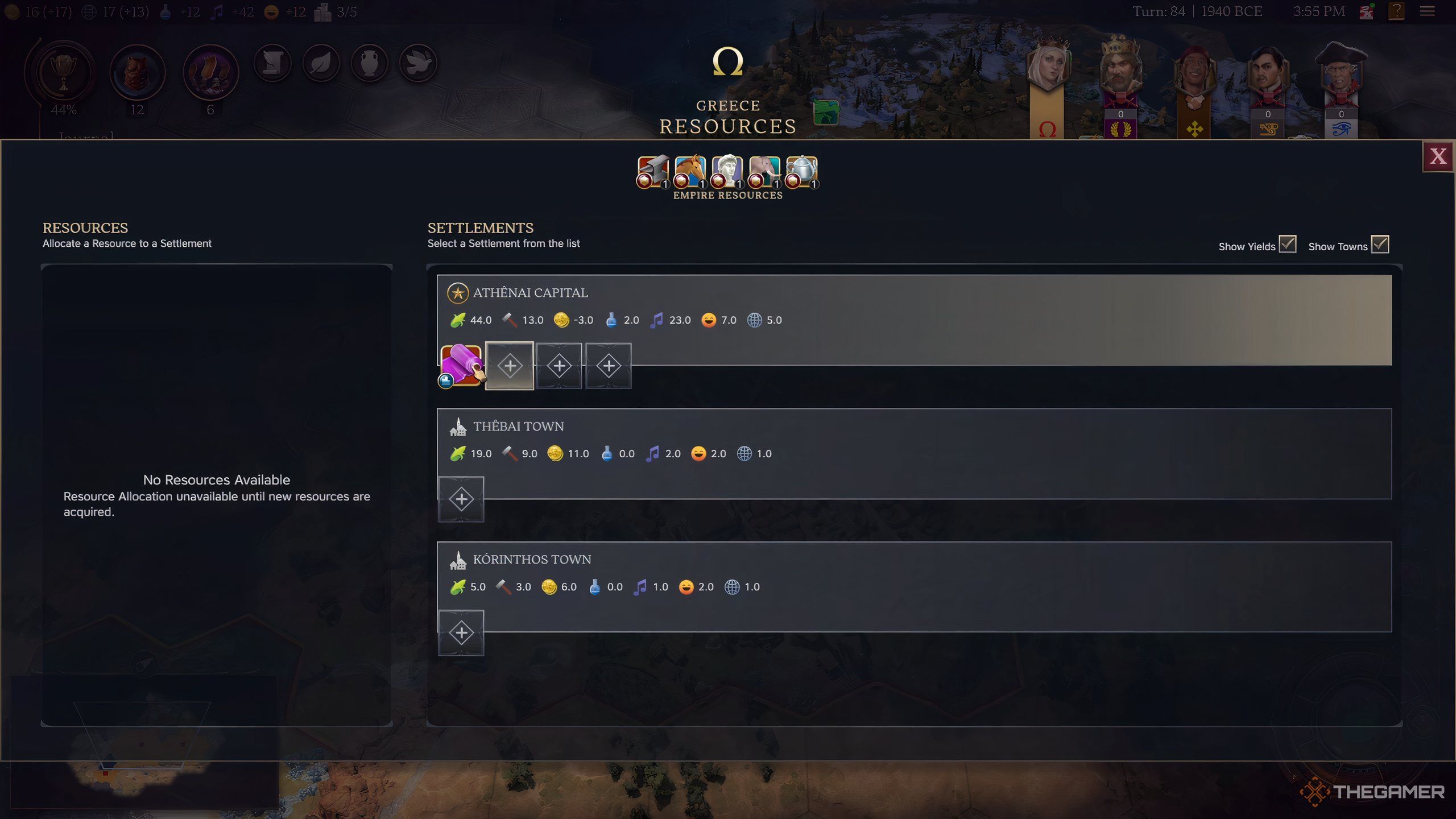
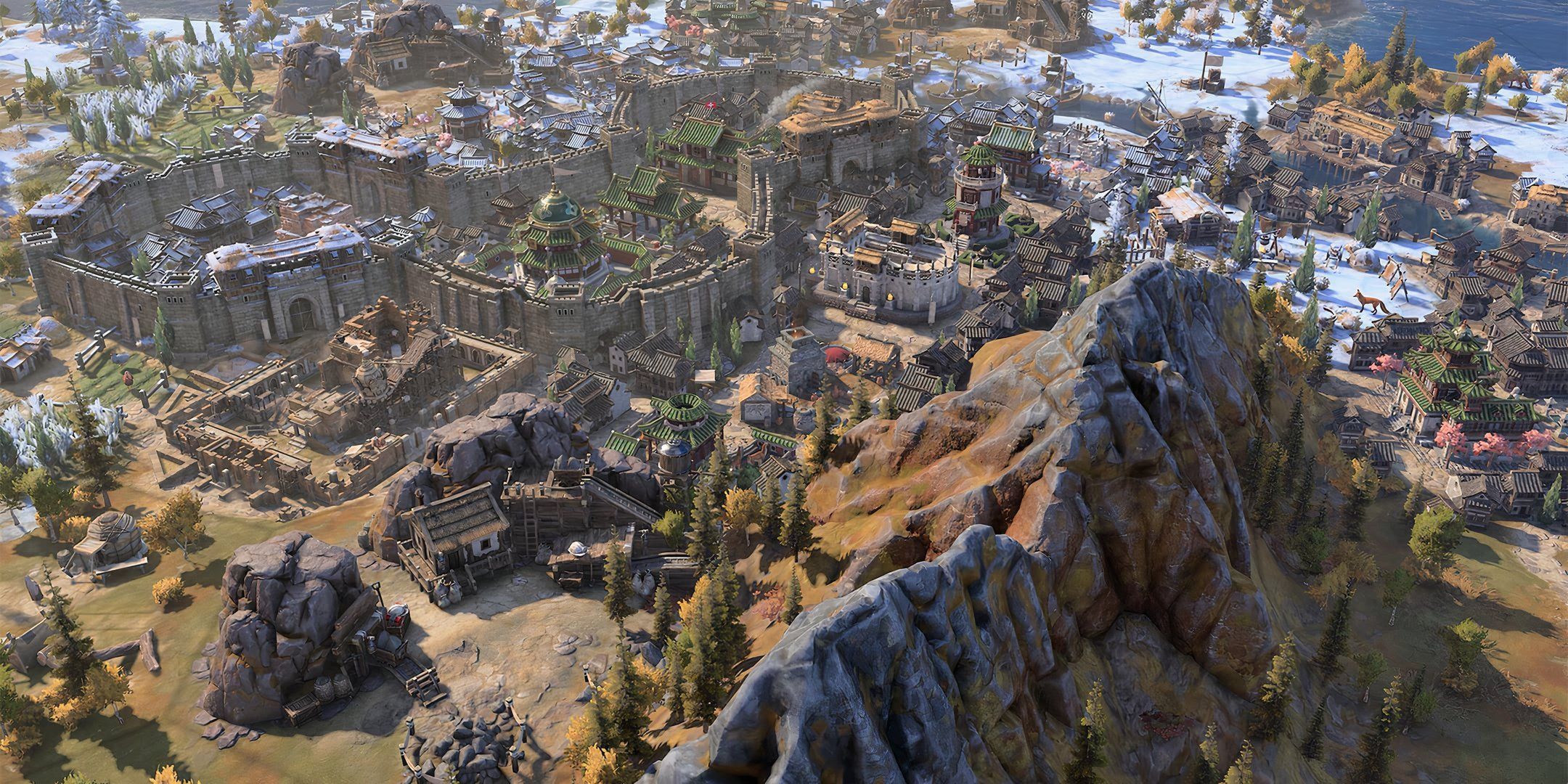
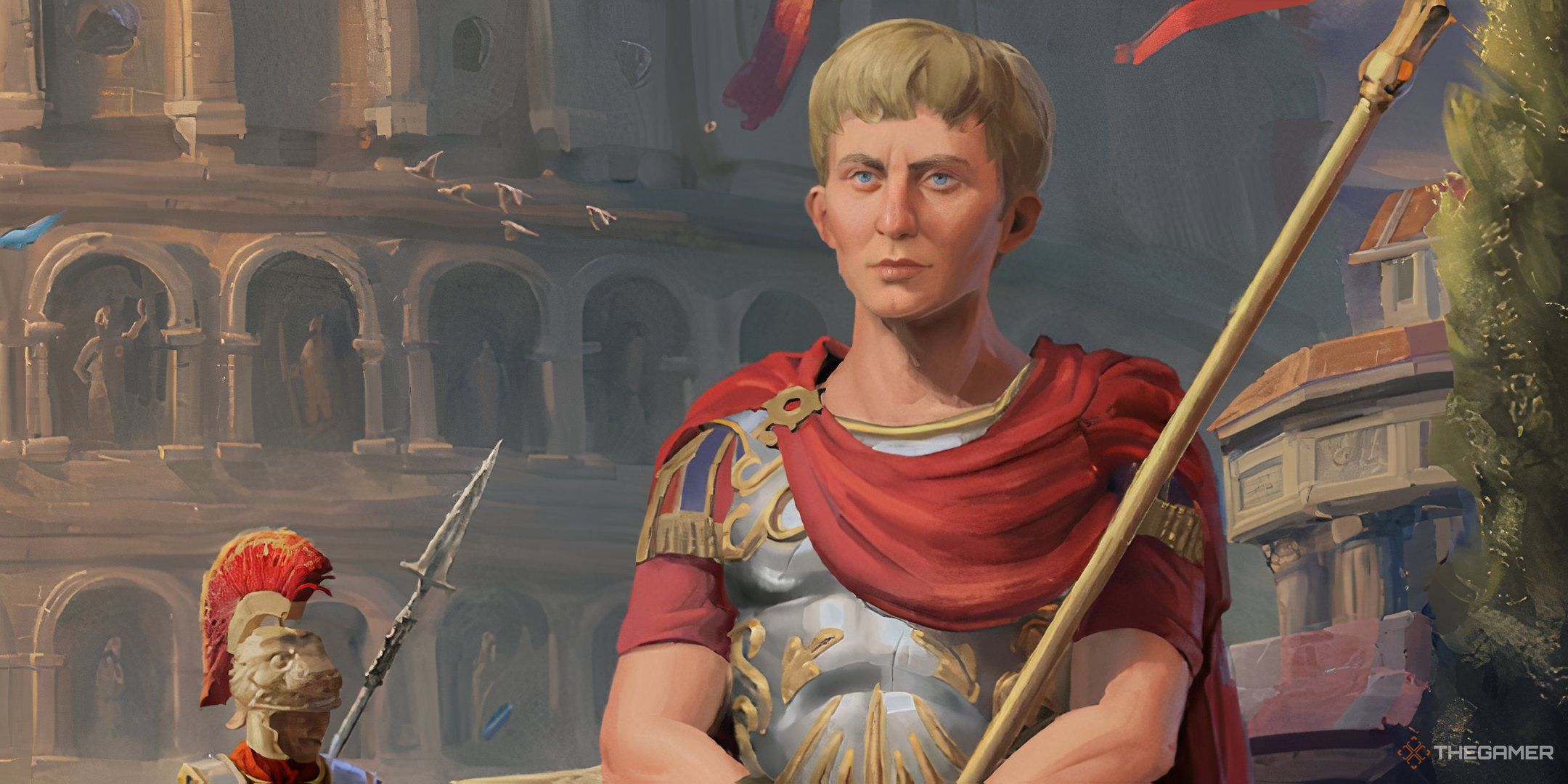



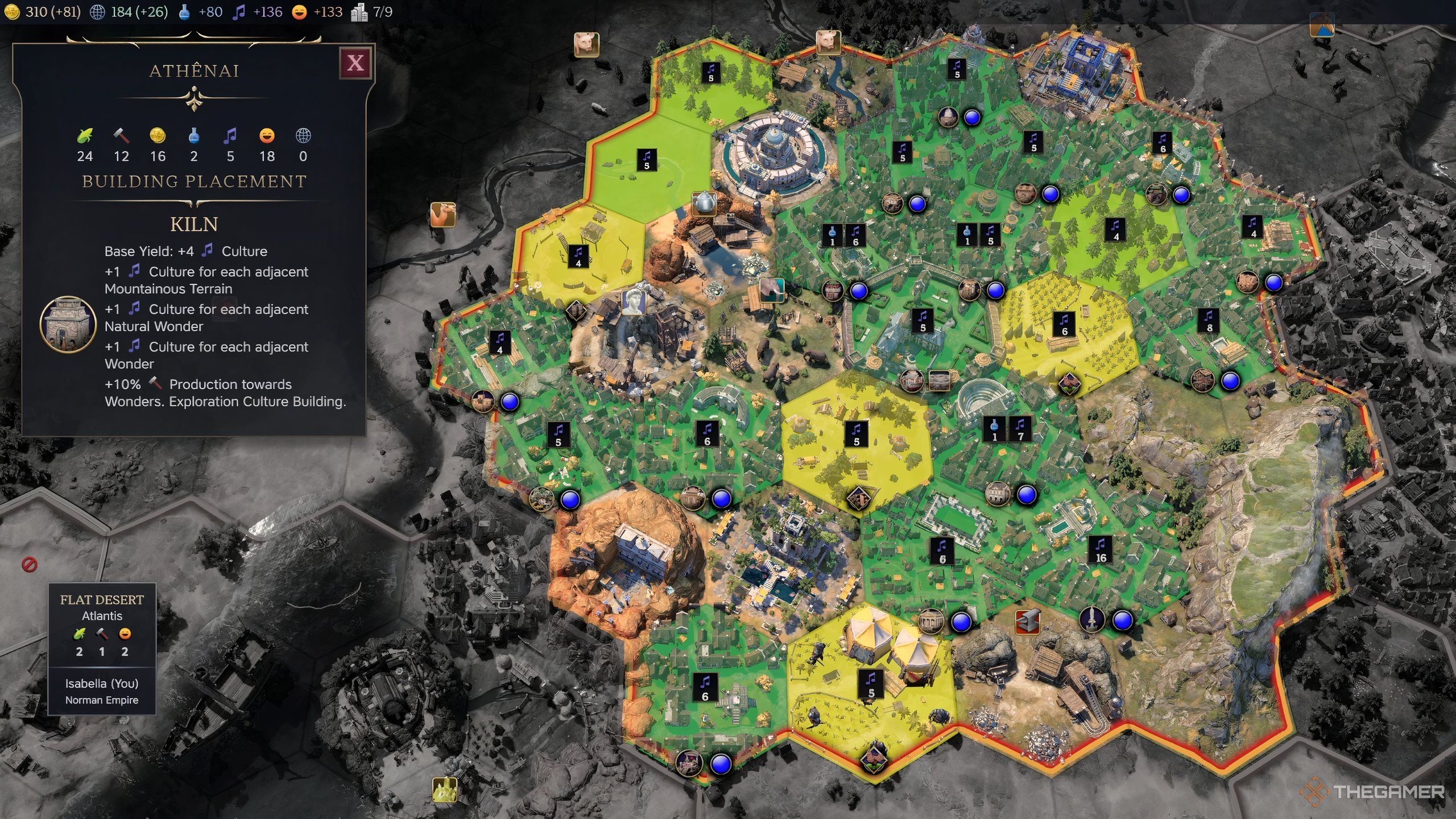
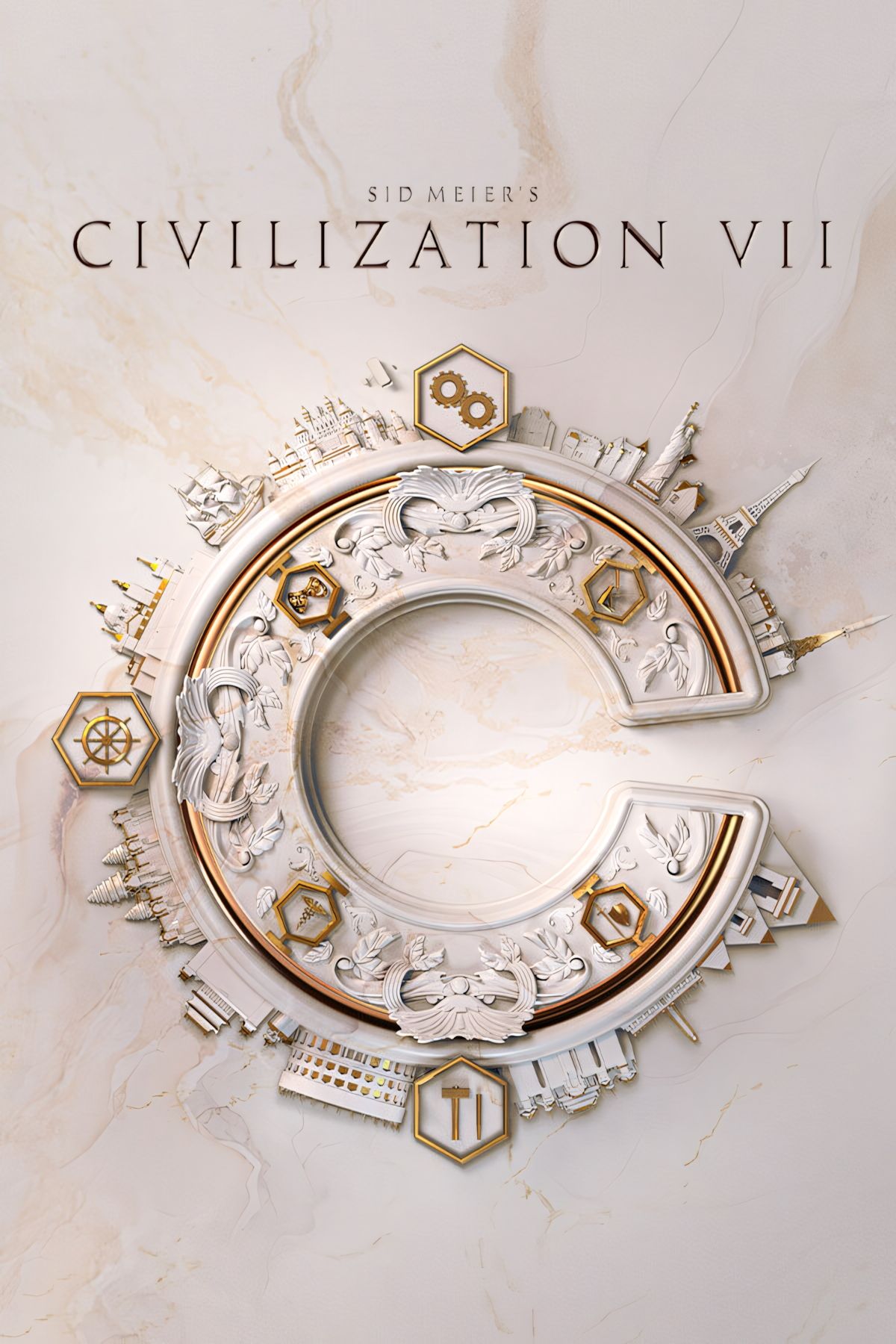






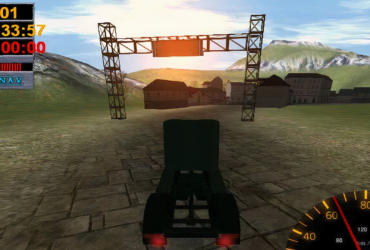



Leave a Reply